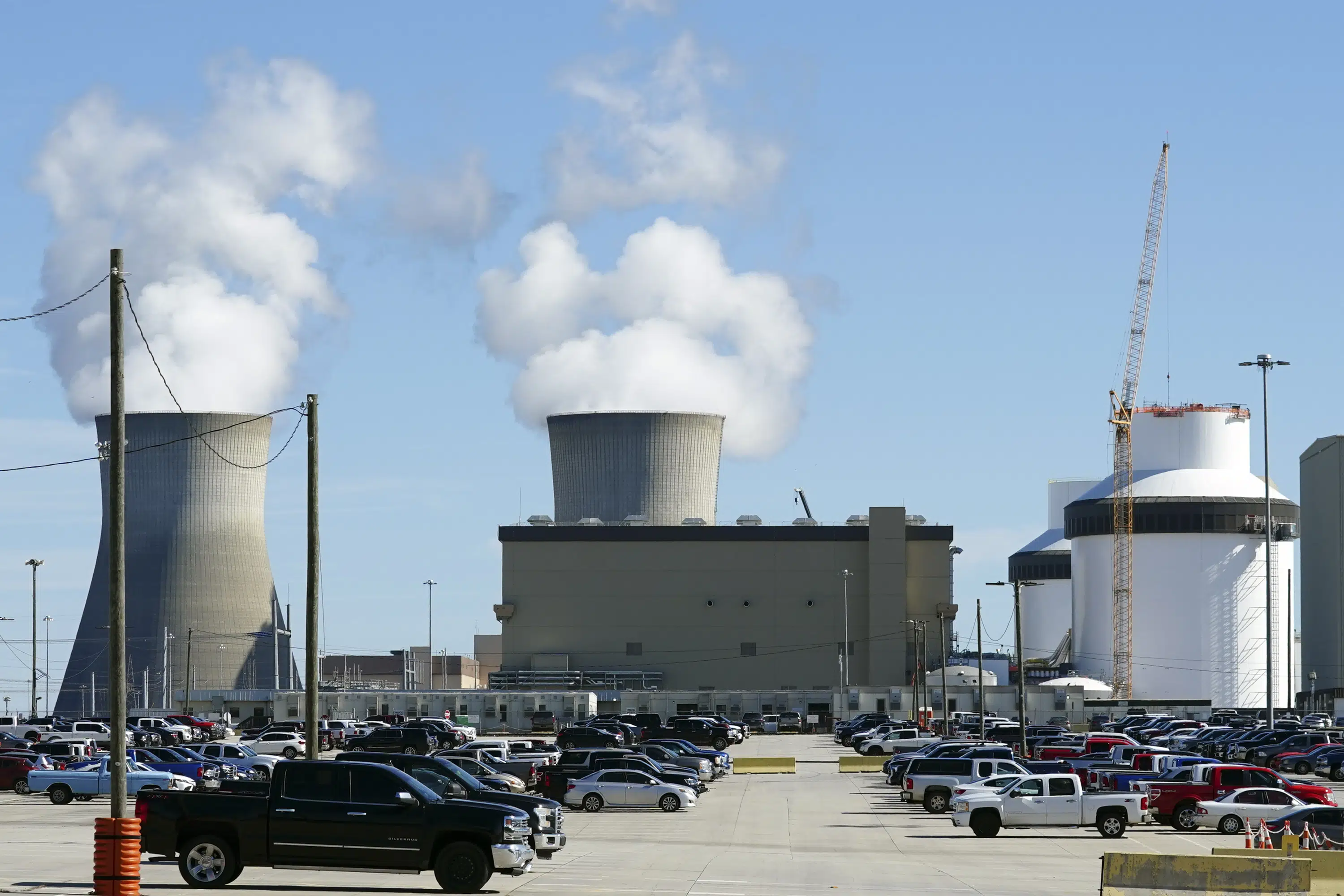Nuclear. That’s the answer but those goddamn liberals won’t let it happen.

 apnews.com
apnews.com

Georgia nuclear rebirth arrives 7 years late, $17B over cost
The first new U.S. nuclear reactor built from scratch in decades has begun generating electricity. The Georgia reactor is supposed to reach full power output in coming days, with a second reactor scheduled for completion in 2024. Lead owner Georgia Power Co. says the reactors are a success. But...

